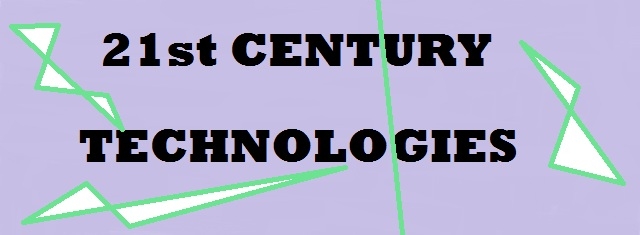Technology
NEW TECHNOLOGIES AND ECONOMIC CRISIS BECAME A PERFECT STORM
CHANGING HABITS OF READERS & VIEWERS

(Source: © Ruby BIRD & Yasmina BEDDOU)
USPA NEWS -
A Deep economic crisis has blown media like many other fields. Newspapers across Europe have struggled to adapt to structural change, technological convergence and the rise of the Internet. A drive for profit has changed the language of publishers across the world...
A Deep economic crisis has blown media like many other fields. Newspapers across Europe have struggled to adapt to structural change, technological convergence and the rise of the Internet. A drive for profit has changed the language of publishers across the world. They blame the rise of Internet and the mobile phones for the crisis facing newspapers. Their argument is used to justify a slash mentality that cost thousands of editorial and other jobs, seen the closure of hundreds of titles, and allowed the outsourcing of work to low-wage countries or the use of cheap labor closer to home.
Whatever the future holds members of the media audience have more power, in an environment of more choice, including the choice to use their voice. This generates new editorial content and can add value to existing journalism, as well as providing a framework for more efficient and more effective accountability. Social networking through sites such as Facebook and Twitter has led to phenomenal change in the way that people communicate and the way that media functions.
Twitter, for example, is changing the rules of journalism. Although the social networks do not provide an alternative to journalism, in terms of their capacity to expand journalistic conversation beyond the newsroom elite they have done more than anything to change the face of modern media.
It may be time to move away from the notion of regulation only as a form of command and control of media and information content. Media accountability can and perhaps should be focussed on a new vision which recognises the changed information landscape and addresses the need of media, journalists and the public at large to play a role in creating a more responsible, diverse and usefull environment for free expression.
It may be time to move away from the notion of regulation only as a form of command and control of media and information content. Media accountability can and perhaps should be focussed on a new vision which recognises the changed information landscape and addresses the need of media, journalists and the public at large to play a role in creating a more responsible, diverse and usefull environment for free expression.
Ruby Bird New Technologies Economic Crisis Storm Changing Habits Readers Viewers Newspapers Media Europe Technological Convergence Internet Publishers World Mobile Argument Cost Editorial
Liability for this article lies with the author, who also holds the copyright. Editorial content from USPA may be quoted on other websites as long as the quote comprises no more than 5% of the entire text, is marked as such and the source is named (via hyperlink).






